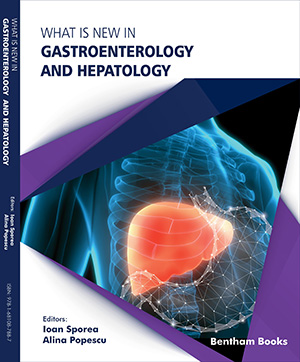Abstract
Gastrointestinal (GI) disorders encompassing conditions such as gastritis, peptic ulcers, and inflammatory bowel disorders are major global health concerns affecting millions worldwide. Conventional treatment options often come with undesirable side effects, prompting the search for alternative therapies. The herb's influence on digestive processes, mucosal protection, and modulation of gut microbiota shed light on maintaining potential GI health. Swertia chirayita (Gentianaceae), commonly known as 'Chirata', is a traditional medicinal herb that has been used for centuries in various cultures for its therapeutic benefits, particularly for GI ailments. Furthermore, this review highlights several scientific studies and clinical trials that support the traditional uses of Swertia chirayita in treating GI disorders. In conclusion, Swertia chirayit could be beneficial as a natural remedy with promising therapeutic potential for managing GI disorders. However, there are still some scientific gaps, such as the identification of bioactive compounds, the structure-activity relationship, the mechanistic action of isolated bioactive compounds, the development of effective analytical methods for comprehensive quality control, and safety profiles, that need to be addressed. Understanding its molecular mechanisms and conducting further clinical trials will contribute to establishing Swertia chirayita as a valuable addition to the armamentarium of natural therapies for GI health.









